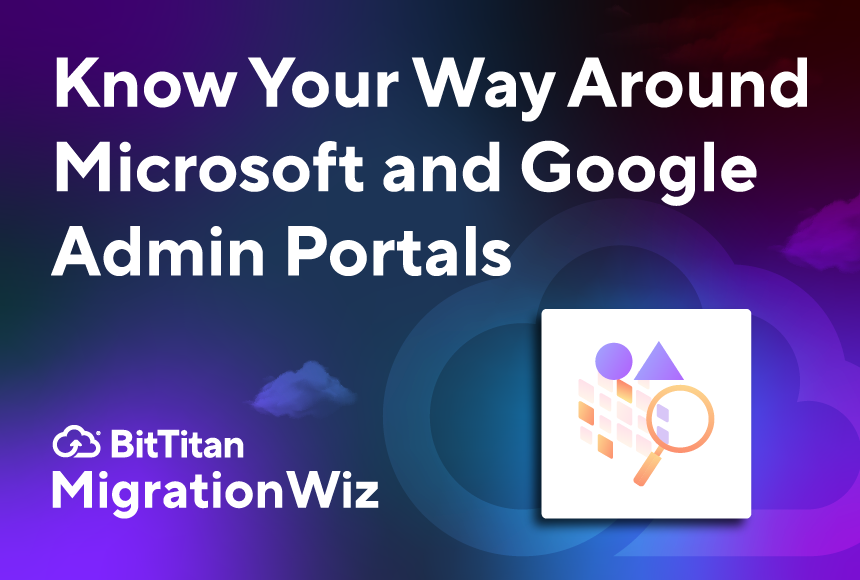As IT professionals are taking stock of infrastructure after two years of pandemic, they’re also finding reasons to trim down the number of domains that were spun up to accommodate remote work. This cleanup requires carefully planned migrations to remove and consolidate tenants.
Even if your team has experience executing successful migrations, combining multiple tenants can be tricky. As with any new project, good planning is key to avoiding problems and disruption. The following steps will lead to better results and more streamlined tenant consolidation migrations:
Step 1: Make a plan
Abraham Lincoln once said, “Give me six hours to chop down a tree and I will spend the first four sharpening the axe.” More complex migrations require more careful planning, and this is planning that will pay off with a faster, more complete project. Your plan should:
- Detail a checklist of tasks to be completed
- Identify your Sources and the Destination
- Create a full inventory of users and workloads at each Source
- Decide whether all users and all workloads must be moved, or if some users need only mailboxes, single workloads, and data backup
- Draft a communication plan so users know what to expect before, during, and after the migration
Step 2: Get your licenses
The information you’ve gathered in your migration plan will help determine the type and quantity of MigrationWiz licenses you’ll need to purchase from BitTitan. If you have questions about which licenses or bundles will work best for your project, contact us and we’ll guide you through it.
Step 3: Test and execute
Conduct a trial migration with a small amount of data from each Source. Once your test is complete and you’ve determined that there were no issues, implement the full migration from each Source tenant to the consolidated tenant Destination. Before you start the final migration, enable audit logging and set the flag level appropriate to your migration. This will provide the information you need for step 4.
Step 4: Audit and analyze
Review the audit logs and check any flags that you enabled in MigrationWiz. Compare the results with your original plan to make sure all users and files ended up in their designated locations.
Regardless of how much migration experience you have; it makes sense to plan carefully – especially for more complex projects. A thorough plan that includes MigrationWiz helps assure fast, secure, and seamless migrations, even with the challenge of consolidating multiple tenants.
Learn more about the MigrationWiz licenses available for your project.



